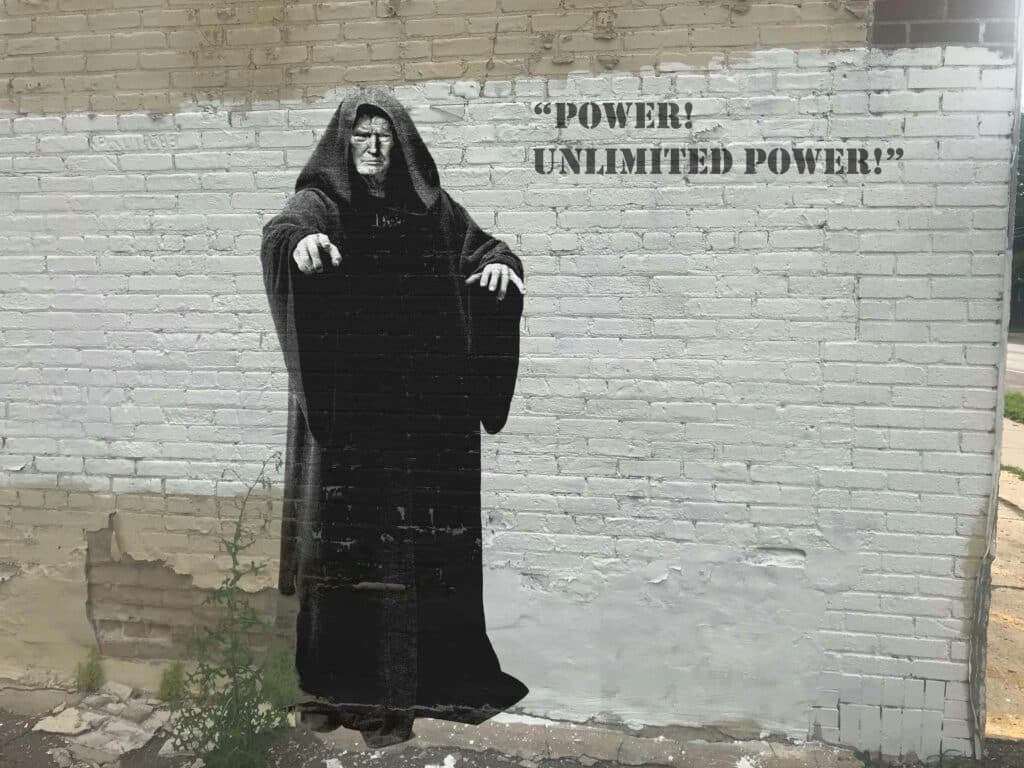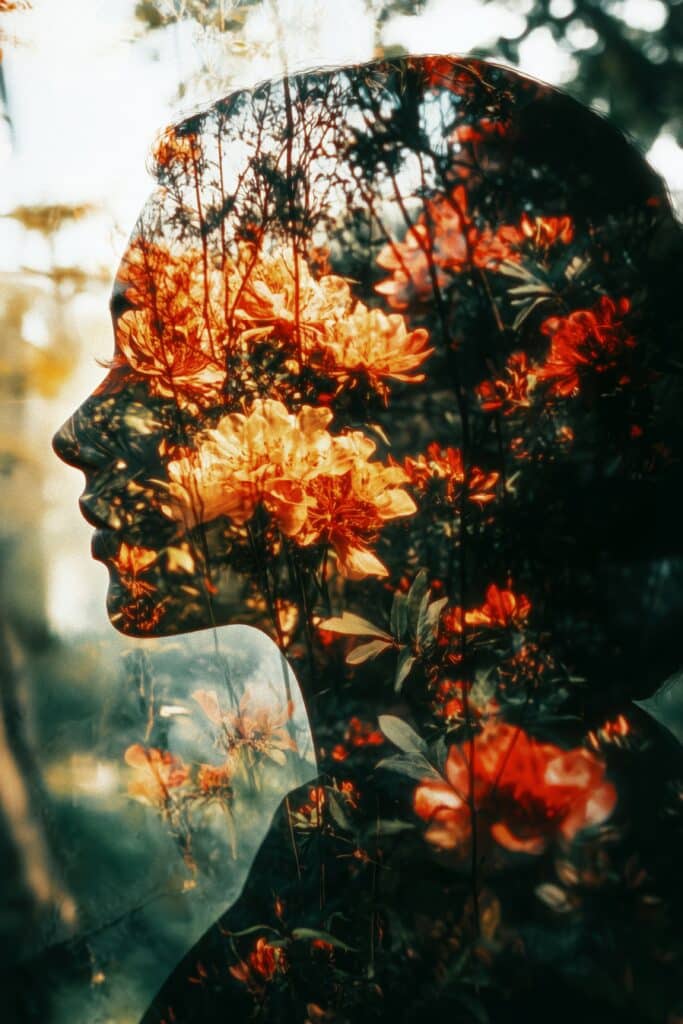Sadness and Quenching the Inner Thirst

There are so many parts of being human that are sad. When old people start getting old and can’t do what they used to. When children grow up and leave their parents’ home. When a long-term relationship ends. Watching a loved one struggle with an illness. When a pet dies. The natural and normal response in these situations is to simply feel sad.
So often we may feel that our non-joyous feelings represent something being wrong or out of alignment. Too often we shuffle ourselves quickly out of grief in an effort to “move on,” when in fact grief is the only thing that can authentically move us forward. There is nothing “to do” but feel it all, to allow ourselves to weep, to be quiet, to be reflective.
Authentically felt sadness and grief are the cornerstones of compassion and the basis for wise action
Part of being awake is the act of allowing for all of our emotions to be recognized and felt, without resisting, rejecting or judging them–just interacting with them with openness, curiosity and empathy. Allowing them to be. The more we reject our own feelings, the more they persist; over time becoming dysfunctional and locked into patterns. On the other hand, the more we openly embrace our challenging emotions, the more easily they transform into other feelings like relief, joy and peace.
Here are some of our cultural beliefs about challenging emotions:
- Negative, challenging emotions represent a personal failure.
- Being polite and agreeable is paramount. (Your true feelings may offend others.)
- It’s a woman’s duty to put the welfare of others above her own.
- Self-sacrifice is noble and there will be payoff eventually.
- Displays of emotional intensity are unattractive and a sign of weakness.
What most people don’t realize is that every emotion we suppress will need to be processed eventually. The emotions we deny or avoid never actually go away, they just lie waiting beneath the surface. Over time, the accumulation of unprocessed feelings may cause disease and further mental anguish. When we start to “wake up” these things rise to the surface to be welcomed and transformed into greater consciousness and awareness. Through this process, we learn that we are the benevolent space in which emotions arise, not the emotions themselves.
Seeing that there is no escape from challenging emotions, it becomes clear that it is wise to process our emotions as close to the moment in which they arise as possible. This keeps us clear, fresh, available to the moment, and with a greater ability to be wholeheartedly open to ourselves and those around us.
Recently while interacting with others I felt intense anger rise up in me that surprised me. Alongside that was an awareness that my anger was not about the people I was with at all. I was able to feel the legitimacy of my anger and the need to process it. I realized that all I really needed was some time and space to feel fully the sadness and anger that were under the surface seeking a release. I noticed that my anger came up because on some level I was feeling deprived of something. I made a mental note to reflect on that later. This mental note and brief recognition of my anger caused it to subside in the situation.
I was able to reflect on my anger a day later and had some time alone to cry, journal and just stare into space in the quiet, to listen to my own breath. In this space some interesting insights and inspiration were sparked. A new, exciting, affirming perspective emerged from allowing myself to be with my anger and the grief that was beneath it.
Later I was daydreaming and thought of how amazing it would be if all people felt worthy and were willing and able to make space in their lives to work out and process painful emotions, knowing that doing so would prevent triggers and projections getting placed onto others, causing unneeded pain and struggle. (Mental health days?)
What if all people felt encouraged and supported to take the time and space to process difficult emotions in healthy ways?
What if all people knew the pivotal importance of doing so and if society promoted this? What if it was mainstream in our culture for people to have tools available to them and education on how our emotions work, how to skillfully navigate them, and how to see the opportunity present in them, etc. What a wise culture it would be!
We can start building this culture now, a culture of emotional fluency and responsibility.
A common misconception is that people who are “evolved” never feel challenging emotions like rage, anger, grief, jealousy. I’d say quite the opposite. Being awake, aware and centered means embodying the benevolent space for the full spectrum of emotions to emerge and be seen. Emotional intelligence and mastery come from the ability to feel all kinds of emotions without getting stuck or identified with any of them. One could say one we have the ability to become emotionally “fluent.”
Something I’ve struggled with and I know that others have too, is the sense of being unseen, unrecognized, not validated, being invisible. All children come into the world emotionally fluent, they know what they feel, and they express it without fear. When they are hungry they cry. When they are happy, their smile lights up the room.
Children need their parents to mirror them in order to develop a self. The ability for our parents or caregivers to mirror us and support our emotional development is limited by the degree to which they have that benevolent welcoming space towards themselves and their own emotions. When we displayed feelings that they disowned or rejected within themselves, they rejected us. Ultimately, it’s not personal nor is it intentional, but it is damaging nonetheless. As adults it’s our responsibility to repair the damage and the wounds we acquired and to reap the benefits of our transformation.
As children we needed outer approval to survive, but as adults the approval we must find is our own.
Recently I’ve been reflecting on the gift of having been unseen and unrecognized, of having been surrounded by people who, due to their own wounds, were unable to recognize or validate me.
My sense is that the true gift of the pain of being unseen is having no choice but to find and claim one’s worth within oneself first, without first getting approval or validation of others. In doing so, a singularity of spirit emerges. This strength can only emerge after a certain amount of grieving has been done; grieving for what you legitimately needed that you did not receive, seeing that it was not your fault, seeing that the unconscious wounds of your parent/caretaker were the cause, something completely out of your control. A compassion for the human condition is possible when we follow grief where it takes us. Grief doesn’t weaken or deplete us, it restores and renews us.
The ability to fully grieve is an essential part of the path of the Heart
Grief clears the way for the authentic claiming of your own worth and feeling it in your bones. Subsequently one becomes able to offer something to others that was never given to you, but something real you discovered firsthand within yourself. This can never be taken from you.
By radiating that self-blessing, you become a blessing to others, a source of loving, kindness and goodness that others can recognize and sense within themselves. Your self-blessing facilitates and strengthens the same in others, even if just energetically.
You have owned the highest and best within yourself, and you inspire and call it forth from others just by your presence.
As adults, if we wait for others to approve of us first, we are giving our power away and allowing the wound to fester. Through enough painful trial and error we eventually learn that no amount of outer approval will quench our thirst for the Real. It’s a powerful realization to finally see that the source of all the fulfillment we seek is within ourselves, not on the outside. This creates a deep sense of integrity, responsibility and a fierce authenticity.
Our inner thirst can only be quenched from within.
We live in a transformational time, where on many levels, we cannot afford to wait to be given or shown what we need to do. We must move forward boldly, claiming from within what is needed first.
We cannot know the full scope of the wisdom and beauty that are inherent in us until we have no choice but to call it forth out of necessity. Now is that time.
About a year ago I had a dream in which I was in my car and feeling very thirsty. I pulled over and asked some people where to find water, but no one could help me. Then I went into an open field that suddenly transformed into the backyard of the home I grew up in, which has a large boulder in the center of it. I stood on the huge boulder and looking down, I noticed it had a long and deep indentation as though it had been worn down over time by a strong flow of water, though no water was in it at the time. I took off my shoe and slowly placed my bare foot into the deep cavern in the rock. As I did so, I closed my eyes in bliss and felt the satisfaction of my thirst being fully quenched.
This dream symbolizes to me that embracing our sadness is key to quenching our inner thirst, the thirst for what is Real. Our emotional pain is a way of being fashioned, worn down and carved out by the Divine, to make way for the universal flow to move within us, and to find that eternal source of living water. We shed tears in joy and happiness as well as in fear and pain. Have you ever felt the joy and relief that comes from feeling a difficult emotion all the way through? That sense of clearing, of a weight lifted, a sense of freshness and newness? Every difficult emotion offers us this transformation.
Our tears can lead us to this sacred source within us, to the only true source of fulfillment, the only thing that will quench our thirst–our very own Beingness, our ability to experience ourselves as a vast, loving spaciousness that has the capacity to embrace whatever is arising — and to let it flow through us.
Contemplations on challenging emotions:
- Being empowered involves welcoming all emotions without feeling identified or over-powered by any of them. (This is a skill that can be learned.)
- Anger is a valuable emotion that tells us a boundary has been crossed. Once understood and listened to, it can naturally transform into self-knowledge and confidence.
- Grief is linked with surrender and acceptance, with the dissolution of old patterns and the birth of new life.
- Tears are holy; the water of Life.
- Usually anger is a layer above some fear. Our fears are the places within us that need our reassurance and love.
- Emotional Triggers indicate that we have projected old fears or patterns onto others around us. They offer the opportunity to inquire into what un-healed pattern from the past is activated so that it can be healed and released.
- I invite you to practice experiencing your emotions as pure energy, without a story or narrative. Simply feel the energy of your emotions in your body and your hearts as you are processing them. In doing so, you are embodying pure awareness, your true identity.
Art credit: Raven Keeper by Eva Lewarne




